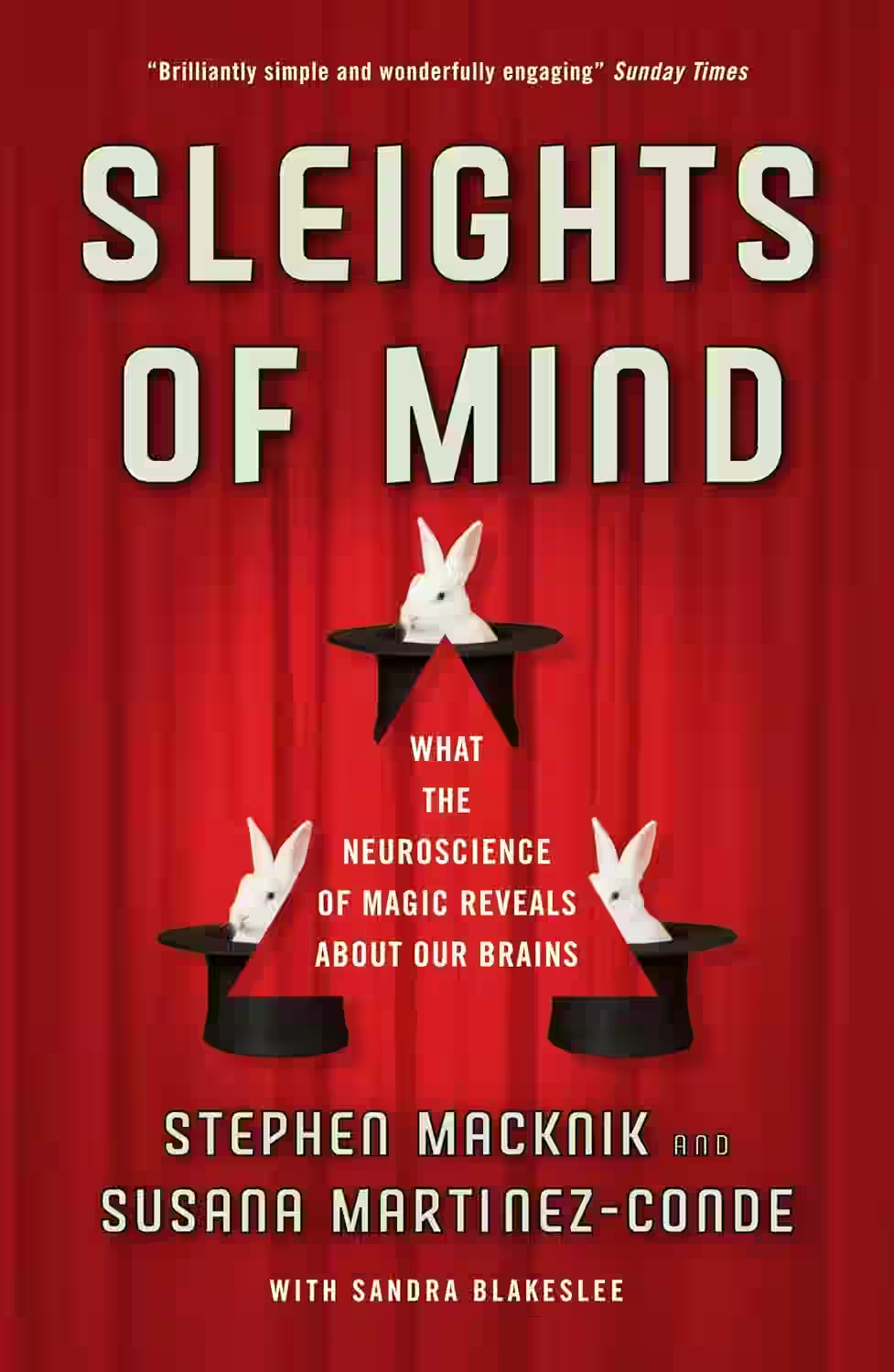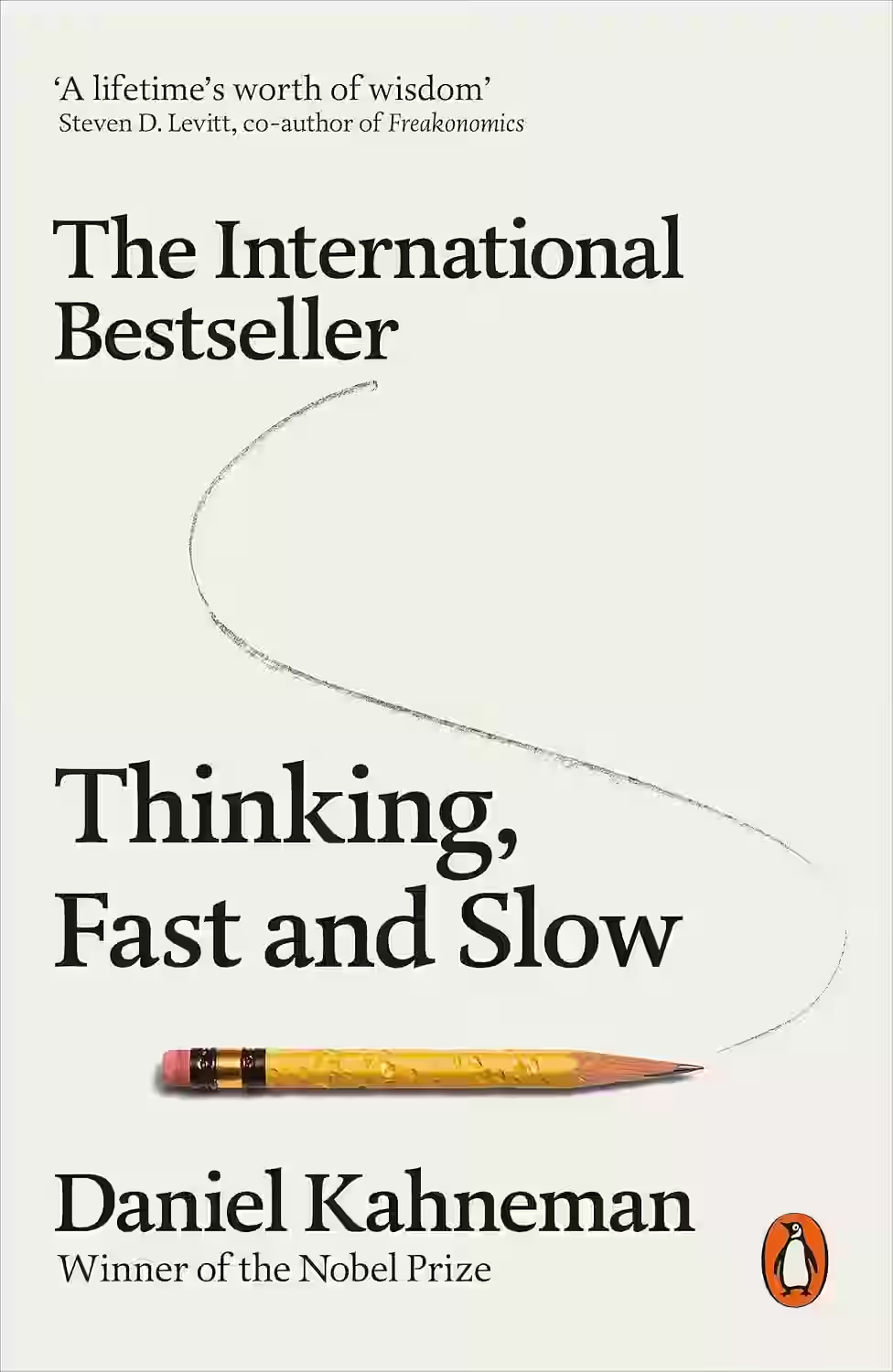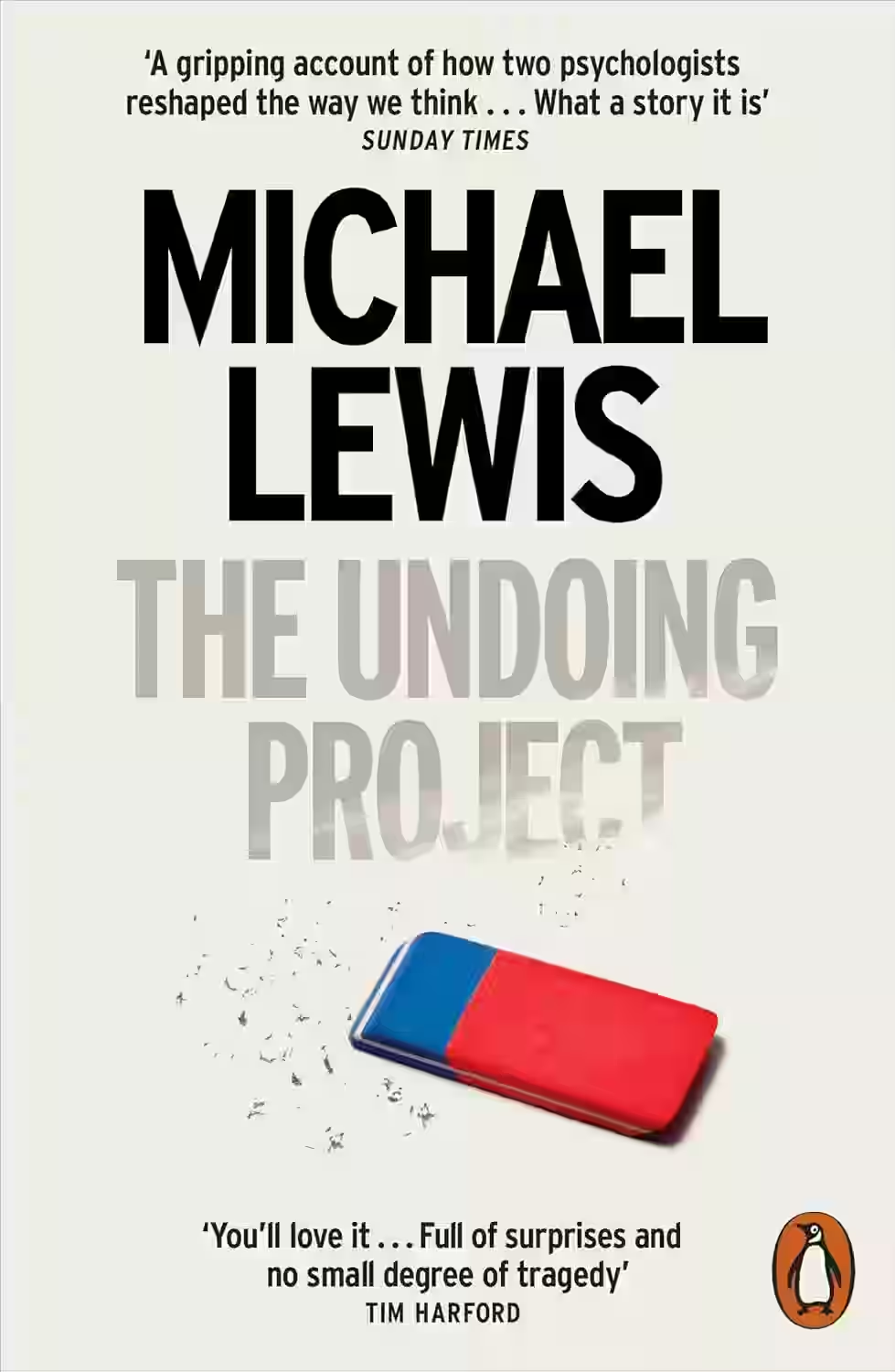
In 'Sleights of Mind: What the Neuroscience of Magic Reveals About Our Everyday Deceptions,' authored by Stephen L. Macknik, we delve into the fascinating intersection of magic tricks and neuroscience. This illuminating book explores how magicians exploit the brain's cognitive processes to deceive our perceptions, offering insights into how our minds interpret reality. Through engaging stories and experiments, Macknik and his co-authors unravel the mysteries of attention, memory, and perception. Readers will be captivated by the revelations about how easily our senses can be manipulated and how understanding these illusions can shed light on everyday deceptions. 'Sleights of Mind' is a thought-provoking journey that bridges the gap between magic and science.
About Stephen L. Macknik
Stephen L. Macknik is a renowned cognitive neuroscientist, author, and professor known for his groundbreaking work in the field of visual perception and consciousness. His research has delved into the mysteries of the human mind, exploring topics such as illusions, attention, and neural correlates of vision. Macknik's innovative studies have led to a deeper understanding of how the brain processes visual information, challenging traditional notions of perception. In addition to his scientific contributions, he has also co-authored popular science books like 'Sleights of Mind' that seamlessly blend neuroscience with magic. Through his engaging writing and research, Macknik has made significant strides in bridging the gap between science and the arts.
About Susana Martinez-Conde
Susana Martinez-Conde is a Spanish-American neuroscientist renowned for her research on visual perception, illusions, and eye movements. She is a professor at SUNY Downstate Medical Center, where she directs the Laboratory of Integrative Neuroscience. Her work explores how the brain constructs visual experiences, focusing on phenomena like microsaccades and perceptual illusions. Martinez-Conde co-authored Sleights of Mind and Champions of Illusion, blending neuroscience with the art of magic to reveal cognitive mechanisms behind deception. She also founded the Best Illusion of the Year Contest and contributes to Scientific American. Her innovative research bridges science and public engagement, making complex concepts accessible and intriguing.
Similar Books

Thinking, Fast and Slow
In 'Thinking, Fast and Slow,' Daniel Kahneman, a renowned psychologist and Nobel laureate, delves into the fascinating world of our thought processes. He introduces readers to the two systems that drive the way we think: the fast, instinctive and emotional System 1, and the slow, deliberate and logical System 2. Through engaging anecdotes and thought-provoking experiments, Kahneman explores the biases and heuristics that influence our decisions, leading to both enlightening and unsettling revelations about human cognition. This groundbreaking book not only challenges our understanding of decision-making but also offers valuable insights into how we can navigate the complexities of our minds to make better choices.

The Undoing Project
In 'The Undoing Project,' Michael Lewis delves into the fascinating partnership between psychologists Daniel Kahneman and Amos Tversky, whose groundbreaking work revolutionized cognitive psychology and our understanding of decision-making. Lewis skillfully weaves together their personal and professional lives, illustrating their complex bond and the significant impact their collaboration had on various fields, from economics to medicine. Through compelling storytelling, Lewis explores themes of human behavior, biases, and the unpredictability of the mind. This thought-provoking book challenges readers to reconsider their perceptions of rationality and offers profound insights into the intricacies of the human psyche.

Grit
In Grit, psychologist Angela Duckworth explores why talent alone doesn’t predict success—grit does. Based on her research, Duckworth argues that sustained passion and persistent effort matter more than innate ability. She shares stories of high achievers from diverse fields, showing how resilience, long-term focus, and consistent hard work lead to exceptional outcomes. The book combines personal anecdotes, scientific studies, and practical strategies to help readers develop grit in their own lives. Duckworth’s insights challenge the myth of overnight success and inspire readers to pursue their goals with tenacity, regardless of obstacles or setbacks.

The Better Angels of Our Nature
In The Better Angels of Our Nature, cognitive scientist Steven Pinker argues that, contrary to popular belief, violence has declined significantly over human history. Drawing on data from psychology, history, and political science, Pinker examines how societal changes—such as the spread of literacy, trade, and centralized governance—have contributed to a more peaceful world. He identifies forces like empathy, reason, and moral progress as "better angels" guiding human behavior. Though controversial, the book provides a compelling, data-driven narrative that challenges pessimistic views of human nature and makes a bold case for the progress of civilization over the centuries.